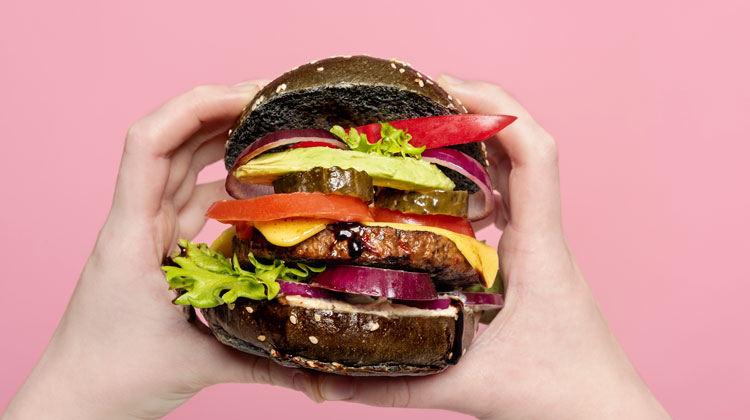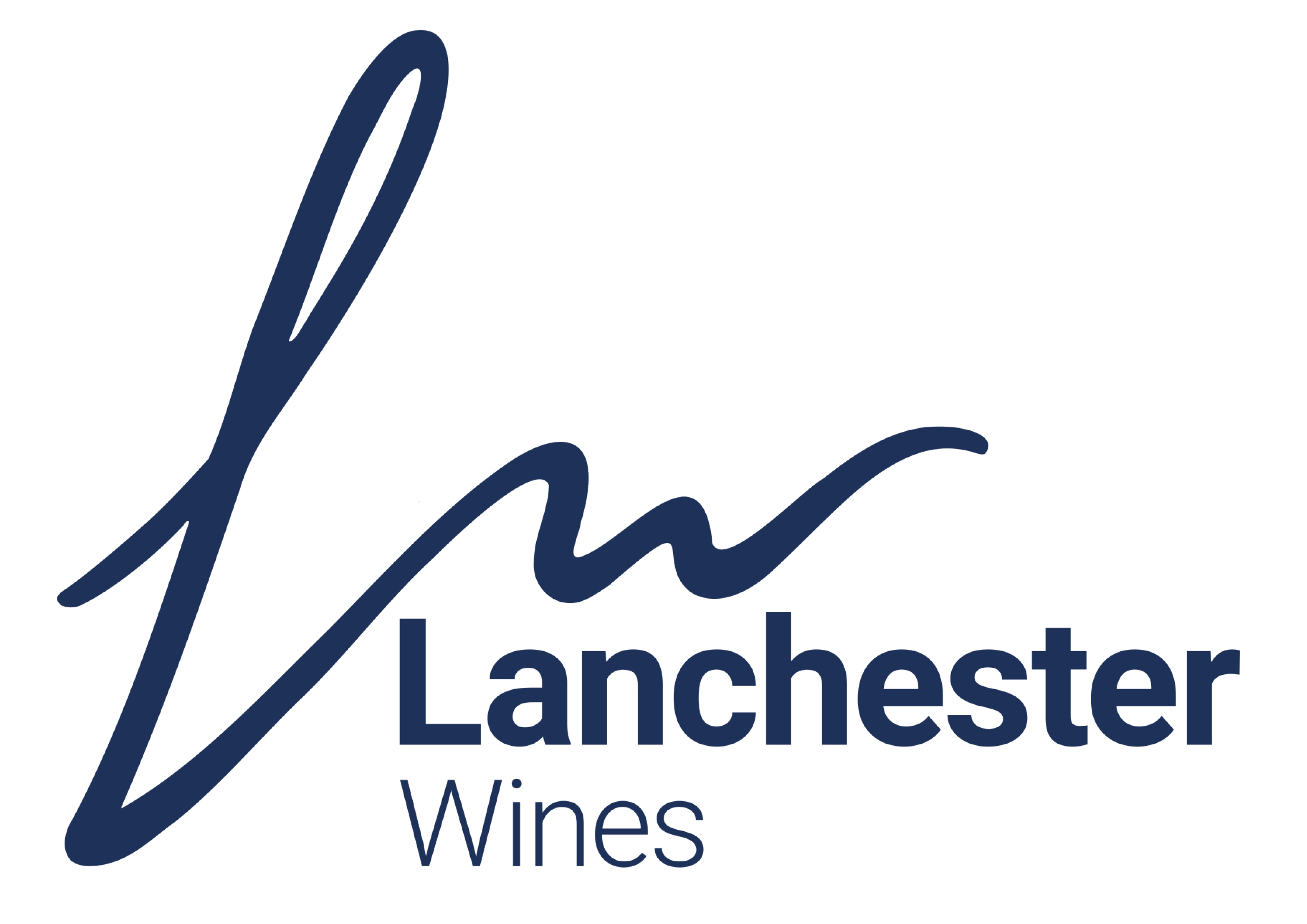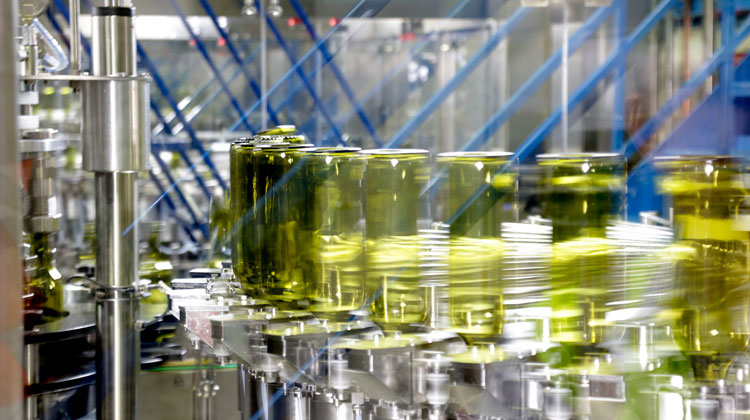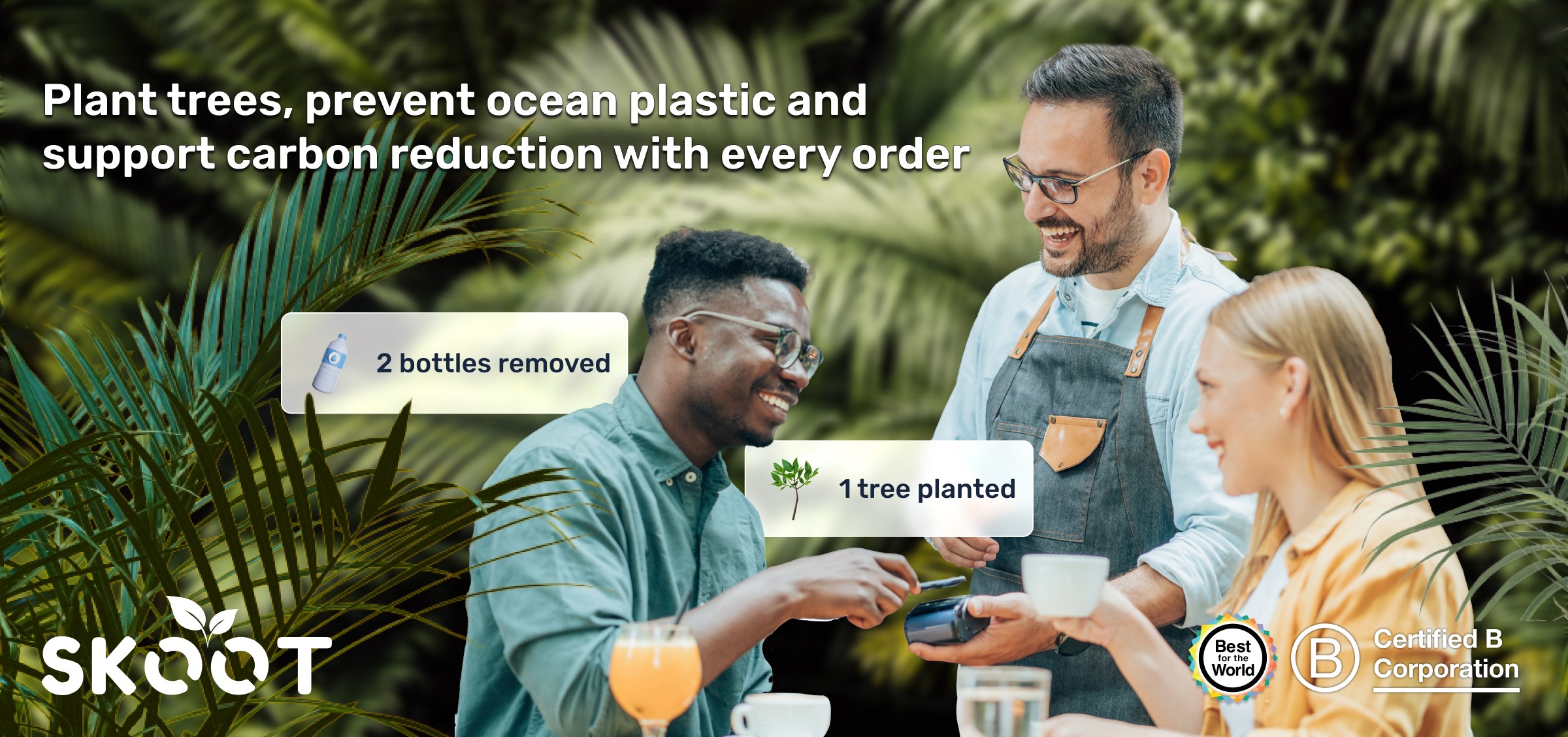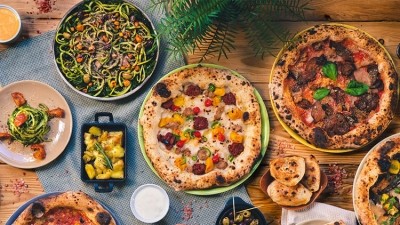The Restaurant of the Future: five sustainability trends

Carbon labelling becomes more widespread
Once dismissed in some quarters to be too time consuming and complex to ever benefit either businesses or consumers, carbon labelling is now becoming more and more prevalent within the restaurant sector and beyond as a way of helping diners better monitor the environmental footprint of their diets in a more sustainability-conscious world. The past few years has seen a several big-name operators, including Mexican restaurant chain Wahaca and foodservice group WSH, introduce carbon labelling across their estates, with many more expected to follow suit in the years to come. Several of those that have introduced carbon labelling have spoken of how it gives the consumer more power when it comes to choosing what they eat and also act as a key driver in helping the UK reach its legally binding climate goal of reaching net zero by 2050. The country’s Climate Change Committee (CCC) has recommended a 20% reduction in meat and dairy consumption by 2030, rising to 35% by 2050 for meat, and the evidence so far suggests minor tweaks such as eco-labelling can help achieve this aim. When restaurants make the menu’s default option a ‘lower’ environmental option – a veggie burger instead of beef, for example – CO2 emissions can fall by almost one-third, found a study by researchers in Germany. The same study found carbon emissions fall by 13.5% when restaurants label the comparative carbon impact of each dish. While some questions do remain as to the accuracy of carbon labelling currently, the practise is already proving to have an impact. Earlier this year, Wahaca announced that it would be removing steak tacos from its menu as part of its ‘commitment to do the right thing’ for the planet. At the time, Wahaca said: “Steak dishes had the highest carbon footprints: they led to the most greenhouse gas emissions per dish. So, taking them off was the right thing for the planet even though they were some of our most popular dishes.”
Content provided Lanchester Wines
Every business has a duty of care to minimise its impact on the environment. However, there is no ‘one size fits all’ solution so it’s vital each business identifies which changes it can make to lessen its impact. At Lanchester Wines, our greatest opportunity to make a change is through minimising our reliance on fossil fuels. As such, we’ve invested over £13m in renewable heat and energy generation. These are big investments, but even simple solutions can have big impacts, for example we challenged staff to find ways to save energy through turning down heaters and switching off lights which alone has saved enough energy to power 15.5 UK homes. We’ve also installed movement sensitive LED lights, extra insulation and recycling points throughout our offices. We implore every business to review how it can make changes, no matter how big or small.
Plant-based and vegetarian brands look to reposition themselves
Veganism might be edging its way closer to the mainstream but competition is intense with a number of vegan food brands and restaurant groups now going backwards rather than forwards. As the space reconfigures itself, manufacturers are having to think carefully about their market positioning. Some have looked to disassociate themselves with terms such as ‘vegan’, ‘fake meat’ and even 'plant-based' in a bid to widen their appeal and better attract those that are just starting to experiment with meat replacements, and flexitarians. The foodservice arm of Quorn has recently undergone an ‘extensive repositioning exercise’ that - it is hoped - will move the well-established mycoprotein brand away from being seen as a meat alternative to becoming ‘the perfect protein solution for foodservice customers’. “We will build on our strong culinary credentials, using our food first strategy, passion, expertise and understanding of the foodservice industry, to reinforce our position as trusted industry leaders in protein,” says QuornPro head of culinary Paul Jennings. “We will be driving the protein category forward, aiming to become the best protein on the planet, and always break new ground in the kitchen.” Billed as a ‘trailblazing, veg-first brand’ Strong Roots recently launched a range of products into foodservice including a Bean and Beetroot Burger, a Pumpkin and Spinach Burger and Smashed Pea and Lemon Bites. While these products are clearly intended to be used as an alternative to animal protein-based products, they are not marketed as such. Beyond Meat - the company that makes the patty for McDonald’s McPlant burger and one of the originators of so-called ‘fake meat' - is sticking with its positioning as a replacement for meat products. It recently made its new Beyond Burger Chicken-Style to major wholesaler Brakes which, like the rest of the Beyond Meat range, is made from plant-based ingredients and is designed to look, cook and taste like its animal equivalent. “Bringing Beyond Burger Chicken-Style to the UK foodservice market is an important step for us”; says Steve Parsons, UK regional sales manager for food service at Beyond Meat. “With more and more people choosing to reduce their animal meat consumption, we’ve seen that restaurateurs can benefit when they react accordingly and put more plant-based products on their menus.”
Restaurants start paying more attention to the eco-credentials of their wine
With consumers more and more interested in the sustainability-credentials of what they consume, restaurants are now starting to pay more attention to where their wine is from, how it is produced and - perhaps most critically - how it gets to these shores. The rise of alternative packaging formats and the exploration of less obvious or under-explored European wine making regions and countries is strong evidence of this trend. “Consumers want to know the background of the product they’re purchasing, particularly its sustainability credentials – what the packaging is made of, what practices were followed when the grapes were grown and how the wine was transported,” says Lanchester Wines director of sales Mark Roberts. “Today consumers, particularly the younger generation, have more questions about sustainability, integrity and ethics of the wine – and they’re more astute to greenwashing. Wine suppliers should be able to provide detailed information about their producers and how they are working to improve sustainability in the vineyard - from water conservation to soil management, vineyard grazing through to community projects. Lanchester Wines says that serious consideration should be given to the benefits of bulk wine. If you’re unfamiliar with the concept, bulk wine is defined as wine which is shipped in containers called ISO tanks or Flexitanks – essentially a 24,000 litre bag in box. The cost savings, both monetary and sustainably, are undeniable - a Flexitank, containing 24,000 litres will fit in a 20ft container, while the same volume in bottle would require two 40ft containers. Around 50% of all wine sold in the UK is shipped in bulk and bottled here at specialist wine bottling facilities. There are also benefits for quality. Depending on where the wine is shipped from, the journey to the UK could be as long as nine weeks, during which the climatic conditions can be extreme, which is not good news for the quality of the end product. Lanchester Wines says that if the wine is transported in a 24,000 litre bladder, the variation of the wine’s temp is vastly reduced compared to in a bottle. “In the trade, bulk is pigeonholed in the eyes of some, so we need to do a better job of convincing them a UK-packed wine really can be as authentic and exciting as anything bottled at source at a value price point. There will always be some resistance to any change and of course some premium wines simply can’t be sold in different formats, not least Champagne. But, in general, the average drinker is open to trying new things, new formats, new wines, new styles – perhaps it’s actually us the trade who need to embrace the idea of different formats in order to catch up with consumer demand?”
Content provided by SKOOT
Restaurants are looking for simple ways to become more sustainable, and to engage customers in their journey. SKOOT makes it simple to take climate positive action, today. From understanding your footprint, to avoiding CO2, to countering the emissions. No set-up costs, no monthly fees, no fixed term contract, free account manager support and cash flow positive. We focus on helping the planet, restaurants and diners. With products like SKOOT Eco-Dining, from as little as 50p guests can fund planting a tree, remove ocean plastic, and support carbon reduction projects for every meal. Showcase the good you’re doing through impact profiles, impact certificates and badges, building trust and engaging with customers. One million trees and growing. Join a community of leading restaurants in the fight against climate change. Register your interest to become an official SKOOT partner.
Offsetting becomes commonplace
Carbon offsetting - a way to compensate for emissions by funding an equivalent carbon dioxide saving elsewhere - is most associated with larger businesses that want to boost their eco-credentials. But more recently consumers are being offered the chance to play a small role in reducing overall emissions. Take climate tech platform SKOOT’s Eco-Contribution solution, which sees diners given the chance to fund tree planting by means of a small cover charge that is automatically added to bills. The technology ‘integrates seamlessly’ into POS systems including Oracle Simphony and Micros with operators able to choose whether the charge is levied per cover or per bill. The solution is currently in place in London’s Amazonico, COYA, and Isabel Mayfair. “We are incredibly proud to have reached the milestone of 800,000 trees planted,” says Greg Gormley, CEO and co-founder at SKOOT. “This is just the beginning. SKOOT’s partnerships mark a pivotal moment for both us and the industry, Together, we are driving sustainable practices and inspiring positive change within the hospitality sector.” A spokesperson for D.ream International - the company behind Amazonico - added: “It goes without saying that the Amazon rainforest is our main source of inspiration for the restaurant and is closely linked to our DNA and brand ethos. Working in partnership with SKOOT helps us preserve this incredible place against deforestation and hopefully preserve it for future generations. It’s a small step towards a bigger, more positive impact on the planet that every guest can get involved with. The simplicity, professionalism, and passion that SKOOT brings to our partnership is truly commendable.”
Restaurants grapple with disposables
The UK’s single-use plastic ban came into force earlier this month. This new legislation aligns with the European Union’s directive, established in 2019, which outlines ambitious goals for reductions in plastic usage across Europe by 2025. The new legislation is particularly relevant for restaurants that offer food and drink to take away. The items being banned include plastic drink stirrers, single-use plastic cutlery, some types of disposable plastic plates and expanded polystyrene containers (the latter is already banned in Scotland and Northern Ireland). So, what should restaurants use instead? One of the most popular alternatives is so-called biodegradable plastics, which can be broken down by bacteria or other living organisms and returned to the environment without pollution, but only if they are composted. Martin Kersh, executive director at the Foodservice Packaging Association, dislikes the use of the term ‘biodegradable’ saying that biodegradation can only take place in specific conditions. “We don’t approve of the term biodegradable as it encourages littering, use of the term biodegradable is misleading and a bit lazy,” he says. “These items are most likely idustrially compostables but must be certified as such. We have no standard for biodegrable. Unfortunately, it’s now sexier than compostables.” Alastair Cupper, group procurement manager at independent procurement provider allmanhall, also says that the effectiveness of such products is limited by confusion around how they are best disposed of as well as the lack of infrastructure for dealing with them at end of life. He recommends that restaurants do their homework when it comes to products that have aqueous or water-based coatings. Such products are often marketed as being plastic-free, but this is not the case as they still contain plastic polymers (the coating can evade the current legal definition of plastic and accounts for less than 10% of the total weight of the packaging). Other alternatives include packaging made with seaweed, cutlery made with jowar (sorghum) flour, and cutlery made with compressed layers of paper.
